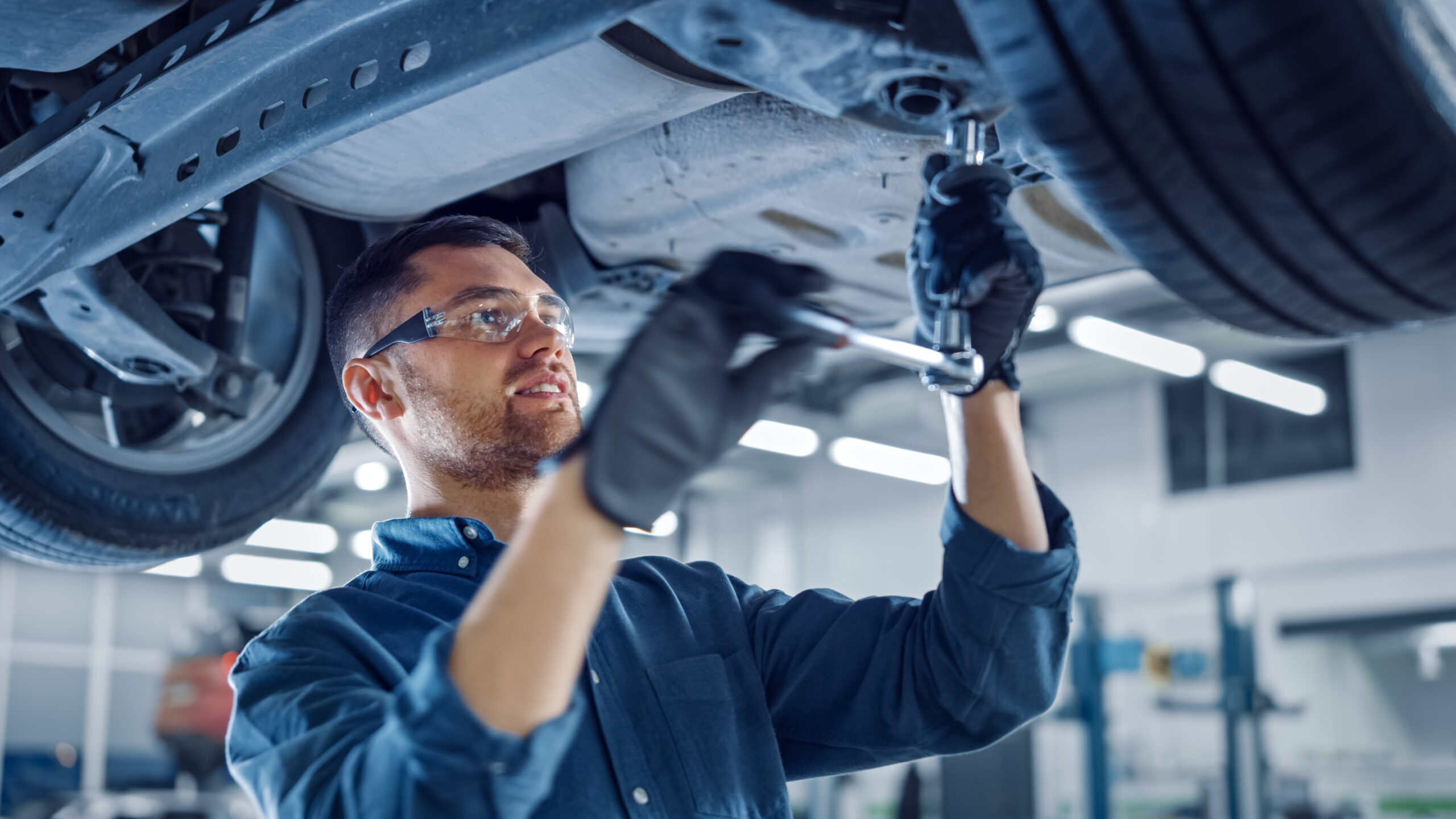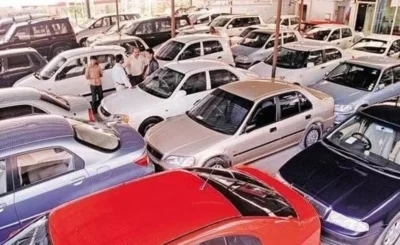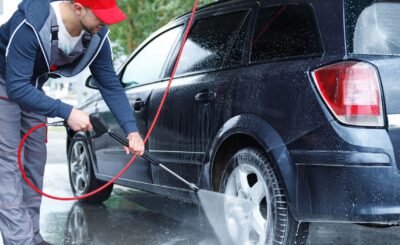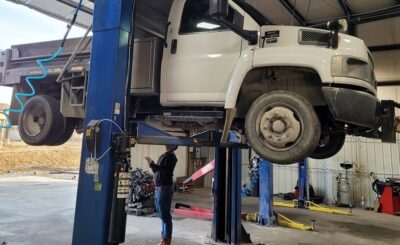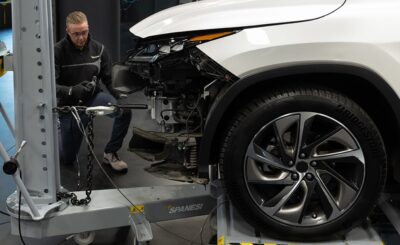The culture surrounding car servicing in Singapore reveals something profound about our relationship not just with machines but with the larger systems of mobility, responsibility, and care that define life in this meticulously maintained city-state. In a place where vehicle ownership represents both privilege and significant financial commitment, the maintenance of these machines transcends mere technical necessity to become something closer to a civic practice—a recognition that our individual choices reverberate through shared spaces.
The Particular Geography of Automotive Care
Singapore’s distinctive constraints—its limited land area, carefully managed vehicle population, and comprehensive public transport alternatives—create a context for car ownership unlike almost anywhere else globally. Here, vehicles exist not as unquestioned necessities but as conscious choices within a tightly orchestrated urban ecosystem.
“The car in Singapore occupies a different conceptual space than in sprawling cities built around automotive dependency. Here, each vehicle represents a more deliberate commitment, a calculated decision within a system designed to function beautifully without private transportation. This shifts maintenance from mundane obligation to something more intentional.”
This intentionality manifests in approaches to servicing that prioritize longevity, reliability, and efficiency rather than the disposability that characterizes automotive cultures elsewhere.
Beyond Scheduled Maintenance
Professional car servicing encompasses far more than the perfunctory oil changes and inspections that define minimal maintenance:
- Preventative diagnostics that identify potential failures before they manifest
- System-wide optimisation that maintains factory-level performance standards
- Adaptation to local conditions addressing Singapore’s unique climate challenges
- Documentation and record-keeping that preserves vehicle history and value
- Consultative guidance on driving habits and practices for longevity
- Emissions management maintaining environmental compliance beyond inspections
These comprehensive approaches reflect an understanding that vehicles represent not just transportation but significant investments deserving protection through expertise and care.
The False Economy of Deferred Maintenance
Perhaps nowhere is the disparity between prevention and cure more financially evident than in automotive care, where minor issues ignored inevitably transform into major systems failures:
“The mathematics of vehicle maintenance admits no bargaining or postponement. What begins as a small irregularity—a slight vibration, a minor fluid leak, an unusual sound—invariably progresses toward more significant failure, with costs multiplying at each stage of neglect.”
This progression creates a stark reality: professional servicing represents not an expense to minimize but an investment that yields returns through extended vehicle lifespan, retained value, and avoided emergency repairs.
The Environmental Dimension
In a city acutely aware of its environmental footprint, properly maintained vehicles contribute to collective sustainability goals:
-
Optimally functioning engines produce fewer emissions
-
Properly maintained air conditioning systems release fewer refrigerants
-
Correct tyre pressure and alignment improve fuel efficiency
-
Well-maintained fluids and filters prevent environmental contamination
-
Extended vehicle lifespans reduce manufacturing resource demands
-
Proper maintenance preserves catalytic converter function and efficiency
These benefits extend far beyond individual ownership to affect shared air quality and climate impacts—another dimension where personal choices intersect with public good.
The Psychology of Mechanical Care
Our relationships with the machines we depend upon reveal something essential about our approach to materiality and maintenance. In Singapore’s context:
“The care we extend toward our vehicles mirrors larger questions about our relationship with the material world—do we approach possessions as temporary conveniences to be discarded when novelty fades, or as responsibilities worthy of attention and maintenance? The answer shapes not just our consumer choices but our impact on resources and systems.”
Regular professional servicing represents a commitment to the latter philosophy—one that values sustainability and responsible stewardship over disposable consumption.
The Expertise Advantage
While basic maintenance might seem accessible to the mechanically inclined, modern vehicles represent extraordinarily complex systems requiring specialized knowledge:
-
Integrated electronic systems that require proprietary diagnostic equipment
-
Model-specific protocols that differ significantly between manufacturers
-
Material science considerations in selecting appropriate fluids and parts
-
Regulatory knowledge ensuring compliance with Singapore’s specific requirements
-
Access to genuine parts meeting manufacturer specifications
-
Systematic documentation maintaining warranty validity and resale value
This complexity makes professional servicing not merely convenient but necessary for maintaining vehicle integrity and safety.
Beyond Function: The Aesthetic Dimension
Singapore’s relationship with automobiles encompasses not just utility but aesthetics—the appreciation of mechanical objects as expressions of design and engineering excellence:
-
Detailing services that preserve cosmetic condition
-
Interior care that maintains materials against tropical conditions
-
Paint protection addressing intense sunlight exposure
-
Climate control system maintenance for comfort and air quality
-
Lighting system optimisation for both safety and appearance
-
Sound system calibration maintaining acoustic performance
These elements acknowledge that vehicles serve both practical and pleasurable purposes in owners’ lives, deserving care across both dimensions.
The Road Forward
As Singapore continues its evolution toward sustainable urban mobility, privately owned vehicles will likely become increasingly selective choices rather than default necessities. This transition suggests not a diminishment of maintenance culture but its elevation—fewer vehicles, more thoughtfully maintained, serving owners who have chosen car ownership with full awareness of alternatives.
In this context, professional servicing becomes even more central to responsible ownership—a recognition that those who choose to maintain private vehicles in a city offering excellent public alternatives incur special responsibilities for their machines’ condition, performance, and environmental impact.
Our urban landscape accommodates millions of daily journeys through intricately connected systems of movement—trains, buses, bicycles, pedestrians, and private vehicles, each following designated pathways through shared space. The properly maintained private car represents just one element in this choreography, its responsible operation dependent on regular, professional assessment and care. For those who choose vehicle ownership within Singapore’s carefully balanced transportation ecosystem, commitment to excellence in car servicing in Singapore remains not just mechanically prudent but socially responsible.


